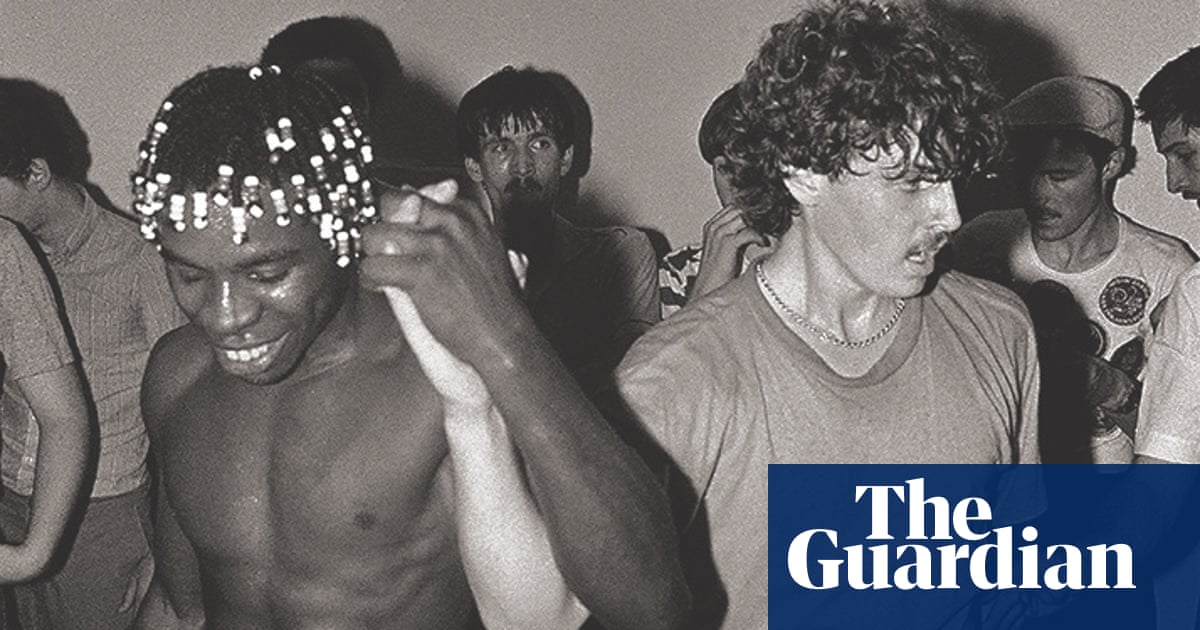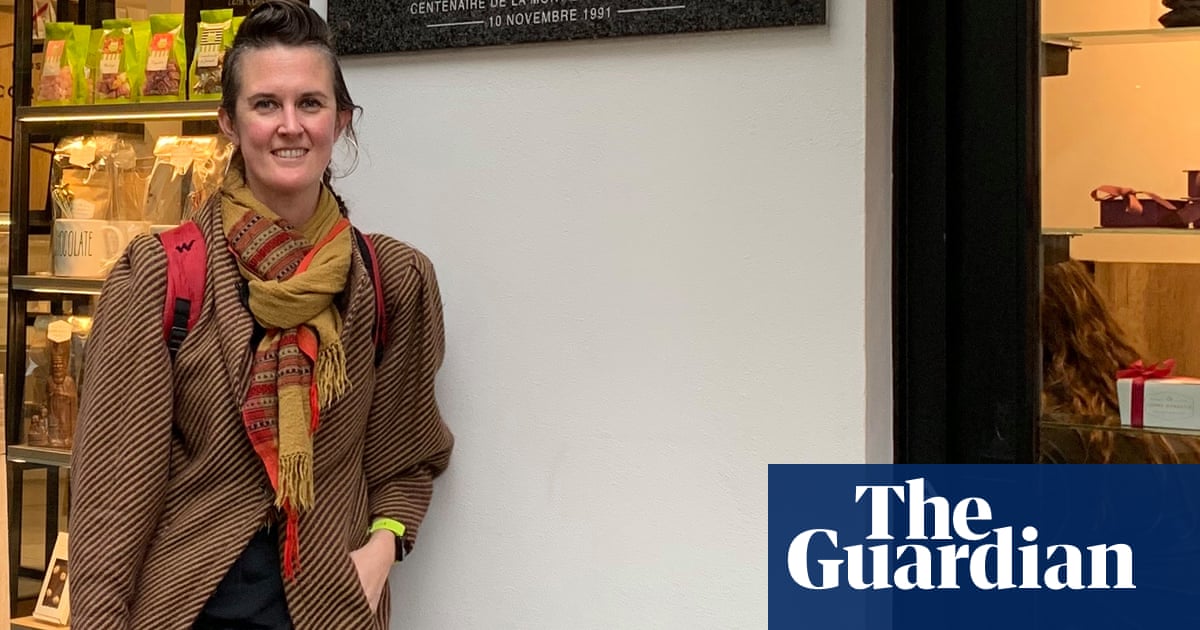A man arrives at the underworld. “I’m dead, then,” says AE Housman. “Good.” Tom Stoppard’s 1997 play conjures the poet and classicist, whose heart and mind were brimming but who never quite lived – decades-long adoration for a man who couldn’t love him back, searing poetry which he undervalued, a capacity for love which never sang.
Simon Russell Beale’s elderly Housman looks back at Matthew Tennyson, wonderfully beady and forlorn as his younger self, in thrall to his oblivious pal Moses Jackson (Ben Lloyd-Hughes). The quicksilver Russell Beale is a vocal glory, leaping in a breath from flute to poignant bassoon, from wit to sorrow.
There’s a whirlpool floor on Morgan Large’s hades-dark set, and Blanche McIntyre’s ardent production keeps the action in flux, its undergraduates messing about in boats. But she pins the characters down for key conversations. Old Housman counsels young, grey suits tightly buttoned and wedged into a small wooden bench; later, on a chaise longue, he encounters the exiled Oscar Wilde (a lapidary Dickie Beau). Wilde seems to have lost everything, but refuses pity: “Better a fallen rocket than never a burst of light.”

As a scholar, Housman resists blundering posterity, restores the purity of Latin texts, conjures poetry lost to oblivion. A beautiful speech describes fragments surviving like poppies spared the reaper, standing alone in a field of cut corn. Stoppard cherishes the work of language – his title suggests the way love poetry gives us a language for emotion.
Language also creates sexuality: choruses of Victorian gents chunter about beastliness, platonic enthusiasm or brothers in arms. Dons footle about with croquet mallets and pronounce on the passions (though only in theory), while billiard-playing worthies boast about their campaigns for decency. These scenes don’t fly: Stoppard takes our knowledge of and interest in them too much for granted.
“My life was marked by long silences,” Housman notes, more than once. Finally unpacking his heart, Tennyson’s eyes screw tight, his voice heavy as much with grief as devotion. Love, says Russell Beale, is like “a piece of ice held fast in the fist”: a tormenting perplexity that burns as it freezes.

.png) 3 months ago
26
3 months ago
26













































